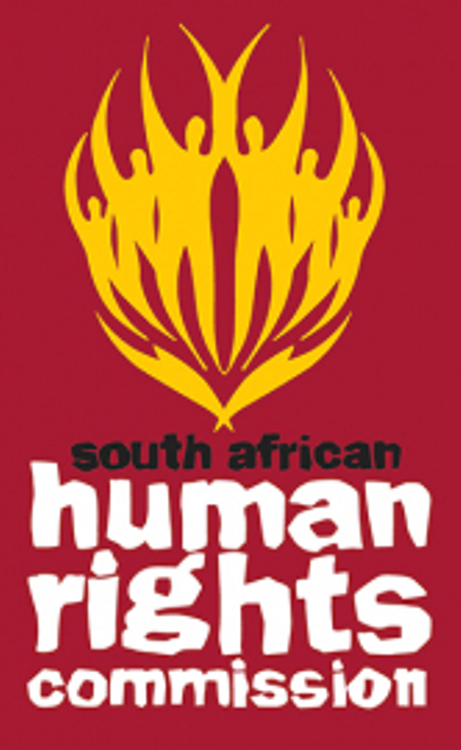SAHRC Calls for Constructive Dialogue and Protection of Public Infrastructure
The SAHRC described these acts as unjustifiable, stressing that public institutions like courts are critical for upholding justice and protecting citizens’ rights.

- Country:
- South Africa
The South African Human Rights Commission (SAHRC) has expressed grave concern following the vandalism of the Bishop Lavis Magistrate Court in the Western Cape during a weekend protest. The commission has strongly condemned the attack on public infrastructure, emphasizing the vital role such facilities play in advancing human rights and delivering essential services.
Protestors reportedly breached the court’s security gate, shattered windows, and set parts of the building on fire, citing alleged grievances as the motive behind their actions.
The SAHRC described these acts as unjustifiable, stressing that public institutions like courts are critical for upholding justice and protecting citizens’ rights.
SAHRC’s Plea for Nonviolent Advocacy
The commission called on community members to avoid destructive behavior and instead engage in constructive dialogue with local authorities.
“No grievance justifies an attack on institutions vital for promoting and protecting the rights of citizens. Such actions undermine the rule of law and erode the community’s access to essential services,” the commission said.
Impact on Justice Delivery
The SAHRC highlighted the potential delays and disruptions to court proceedings caused by the vandalism. These delays could negatively impact the rights of individuals relying on the court for various legal services.
“Sudden disruptions place additional strain on an already burdened justice system, potentially delaying resolutions for those seeking justice,” the statement noted.
Call for Accountability and Enhanced Security
The commission urged law enforcement agencies to intensify efforts to maintain order and hold those responsible for the incident accountable. It also emphasized the need for measures to prevent future attacks on critical public infrastructure.
Community Engagement and Path Forward
To address underlying grievances, the SAHRC encouraged local authorities to strengthen communication channels with the community. The commission proposed the establishment of regular forums to provide a platform for dialogue and the resolution of issues without resorting to violence.
Broader Implications
This incident has prompted the SAHRC to renew its appeal for respect for public property, emphasizing the broader societal costs of such actions, including disruption of services, increased repair costs, and diminished community trust in public institutions.
Additional Developments
In response to the incident, the Department of Justice and Constitutional Development (DJCOD) has already initiated emergency repair efforts at the Bishop Lavis Magistrate Court to restore functionality and accessibility. Law enforcement has also increased security measures to prevent further incidents.
The SAHRC reaffirmed its commitment to supporting peaceful protests and upholding the rights of all citizens, while working closely with stakeholders to ensure such events do not compromise public welfare and safety.
Conclusion
The SAHRC urged all stakeholders to prioritize dialogue and collaboration to address grievances constructively. The commission reiterated that public infrastructure must be preserved as a cornerstone of service delivery and justice for all South Africans.
- READ MORE ON:
- South African Human Rights Commission










